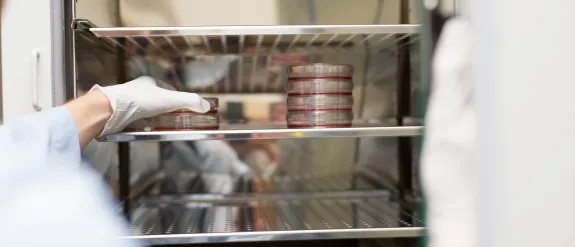
Research Services & Tools
Members of BIO5 have access to equipment, and support services that help them drive their innovations = forward. This includes genomics, imaging, irradiation, media, sensors, device prototyping, and more.
*Services denoted by an asterisk are also available to external users
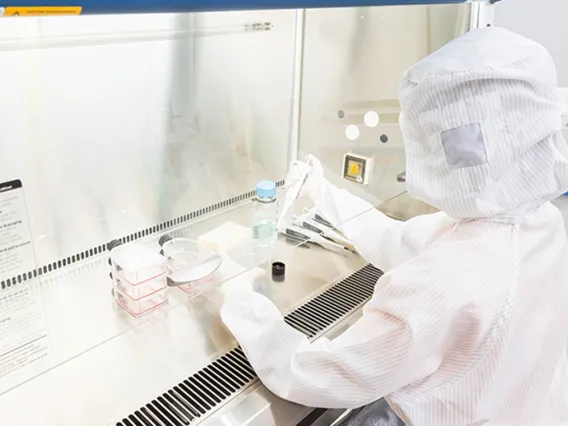
Biosafety Level 3
The Biosafety Level 3 (BSL-3) facility is designed to safely handle and store human, animal, and plant infectious agents or toxins. This program also supports the development of projects using Risk Group 3 pathogens for research or clinical diagnosis. Biocontainment facilities make possible the development of new treatments, preventative vaccines, and diagnostic tests against Risk Group 3 pathogens and epidemiological surveillance for emerging and reemerging infectious diseases.
To learn more call (520) 626-6850 or email rlss-help@email.arizona.edu.
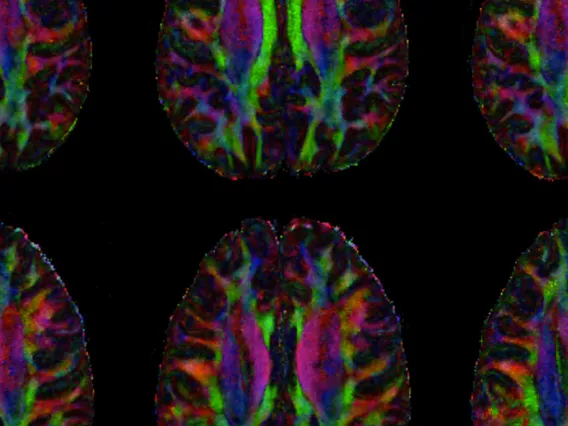
Brain & Body Imaging
The BIO5 Institute’s Brain & Body Imaging Center (BBIC) combines state-of-the-art instrumentation and expert faculty and staff to establish a world-class center dedicated to continual innovation in technology to understand brain function and support brain health. The BBIC offers access to various brain imaging resources, such as a brain mapping workshop and neuroimaging core documentation. Staff can also assist with MRI safety training, access to MRI equipment, and assistance with obtaining a research MRI.
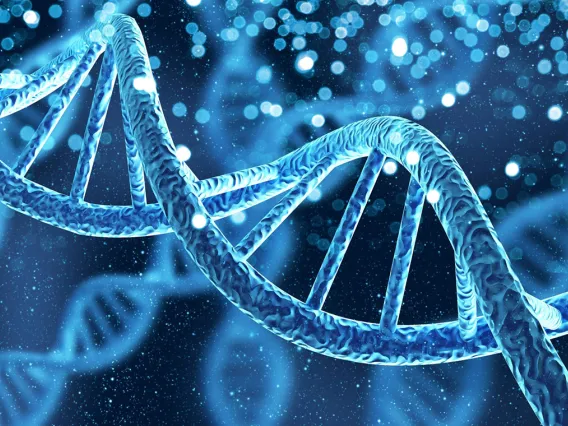
Clinical Services*
The Arizona Molecular Clinical Core (AZClinCore) offers high-complexity diagnostic testing as well as clinical research capabilities using state-of the-art technologies to serve clinicians, investigators, institutions, and the biotech community. This facility provides inpatient and outpatient diagnostic testing services, support for clinical trials and clinical research activities, genetic and serological (ELISA) assay design and validation, and technology and testing platform evaluations, among other services. AZClinCore is a CLIA/CAP accredited testing facility certified for high-complexity molecular testing.
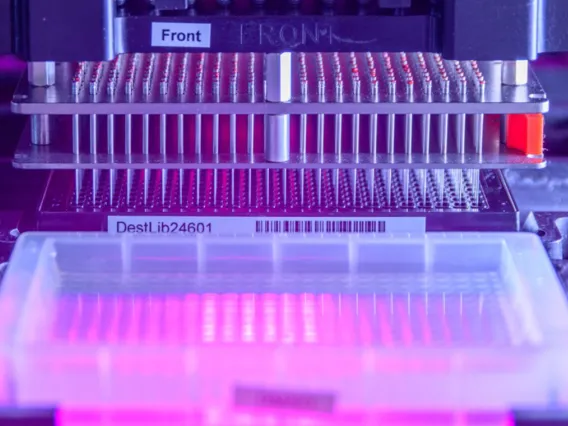
Drug Discovery
The Arizona Center for Drug Discovery (ACDD) serves as a vibrant organizational hub connecting the University of Arizona in Tucson and Phoenix with partnering organizations to advance academic-based drug discovery throughout the state. The center provides state-of-the-art equipment that will help drug researchers move rapidly through the discovery process, identifying the most promising drug compounds before moving into extensive and costly preclinical studies and, later, clinical trials.
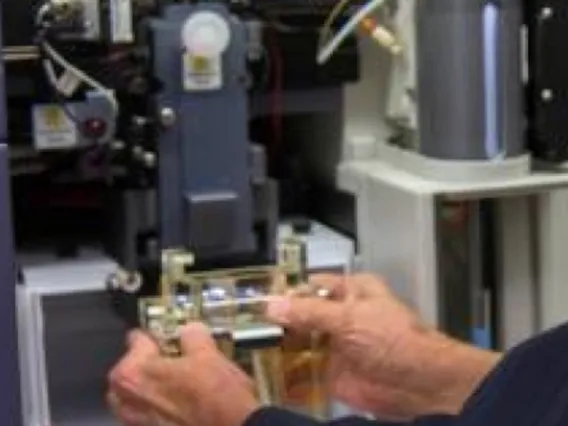
Flow Cytometry
State-of-the-art flow cytometry instrumentation is available for data acquisition, analysis, and cell sorting, and the technical expertise to interpret results and develop methods. This core facility offers information about new techniques, and applications of flow cytometry through workshops and seminars, and provides training to interested facility users who wish to run their own samples. Individual consultation services are available to discuss the specifics of each project.
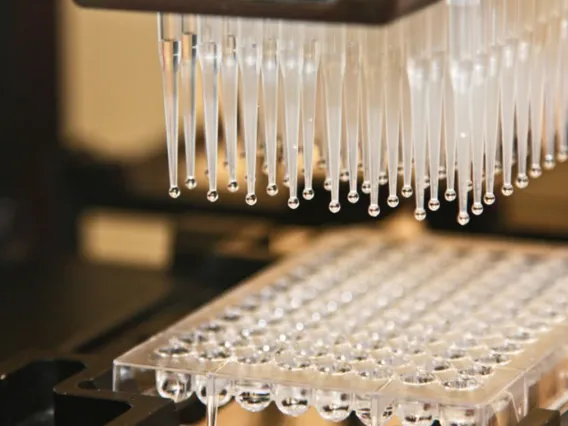
Functional Genomics*
The Functional Genomics Core (FGC) provides researchers with the capacity to run high throughput compound/drug, RNAi, and deletion library-based screens for network analysis, drug, and target discovery. The team can work with researchers to create a custom pipeline to meet their goals, as well as develop or optimize an assay, carry out a screen, and analyze the data. Equipment is available for general use, such as the Biomek FX liquid handling workstation to grow cell types in 96 well plates.
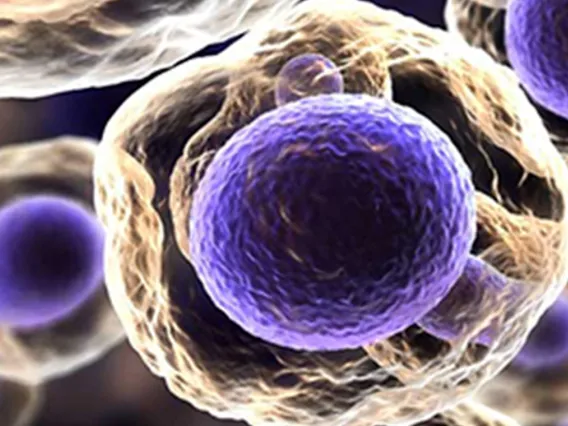
Genetics*
The Arizona Genetics Core (AZGC) offers state of-the-art resources and services to help researchers, educators, students, and the biotech community conduct and promote research in the field of genomics. The wide range of molecular biological services and support range from complete solutions to fee-per-use services. Genome sequencing, DNA sequencing and extraction, high-volume sequencing, and fragment analyses are just a few of the many services provided.
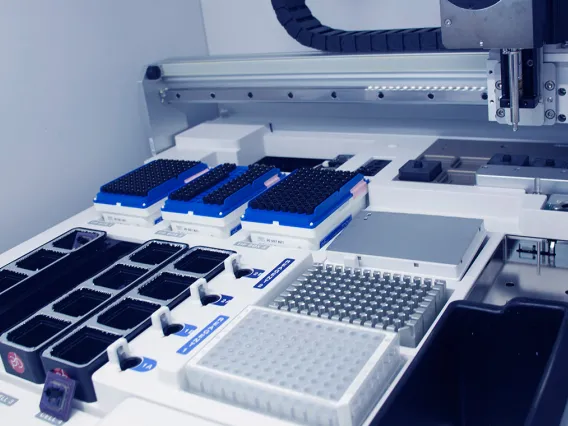
Genomics*
The Arizona Genomics Institute (AGI) offers state-of-the-art genomics services through the AGI Sequencing Service Center and is affiliated with the University of Arizona School of Plant Sciences. With over 25 years of research experience in genome biology, the team of professional scientists helps both U of A researchers and external partners develop long-read sequencing data, DNA and RNA extraction, and bioinformatic analyses. Currently, AGI operates a Sequel II and a Revio instrument and is a PacBio Certified Service Provider center.
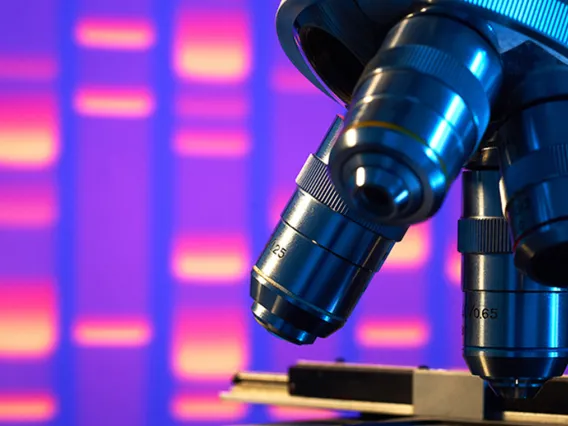
In Vivo Models*
The BIO5 Institute’s Genetically Engineered Mouse Models (GEMM) Core designs, produces, genotypes, rederives, imports, and cryo preserves genetically modified mice, as well as provides consultation, guidance, and information on the use of genetically modified transgenic and gene-targeted mice in research. The GEMM Core’s services are also available to outside institutions, whether academic, for-profit, or private entities.
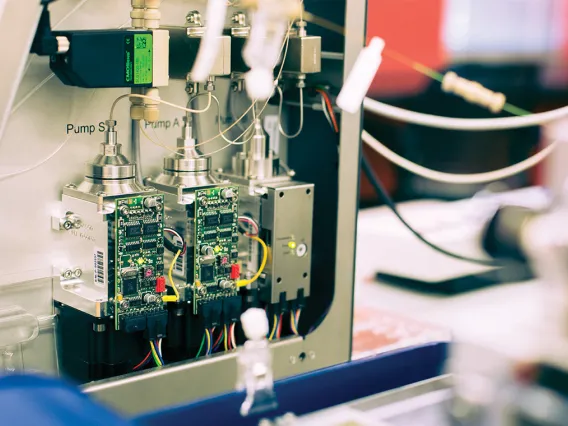
Mass Spectrometry*
The Analytical & Biological Mass Spectrometry Core Facility (ABMS) has state-of-the-art equipment and unparalleled expertise for the analysis of a variety of biological and small molecules. Core specializations include protein-analysis services encompassing protein identification, protein and peptide sequence confirmation, intact protein molecular weight determination, complex sample analysis, and protein/antibody-drug interactions.
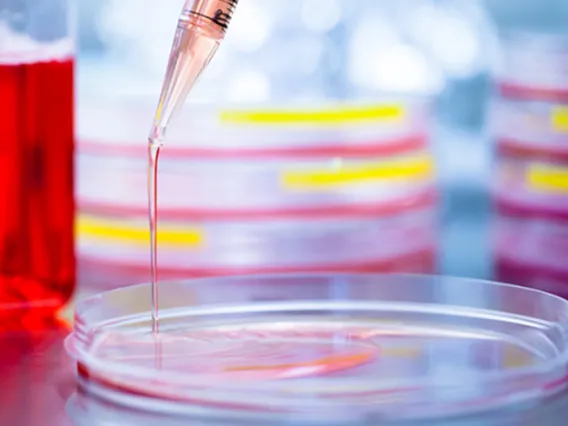
Microbiological Media*
The BIO5 Institute’s Media Facility prepares a wide array of research materials including microbiological media, buffers, mammalian and insect cell culture media, and plant tissue culture media. Glassware cleaning and sterilization are also available. The facility offers rapid fulfillment time (48–72 hours) and delivery directly to U of A departments or the researcher’s laboratory, allowing research to continue uninterrupted.
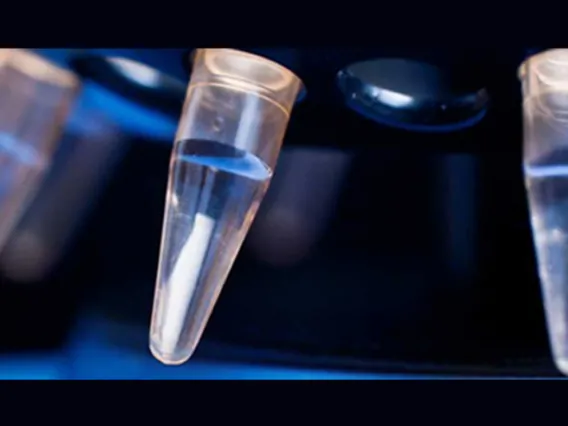
Medicinal Chemistry
The Medicinal Chemistry Core enables the development of novel chemical entities (compounds and compound arrays) that serve therapeutic purposes in drug discovery. The core provides molecular design and synthetic chemistry tools to develop compound hits and leads. Services include custom organic synthesis, purity and quality control, medicinal chemistry, solid-phase synthesis, scale-up synthesis and design, and computational chemistry.
To learn more contact Josef Vagner at (520) 626-4179.
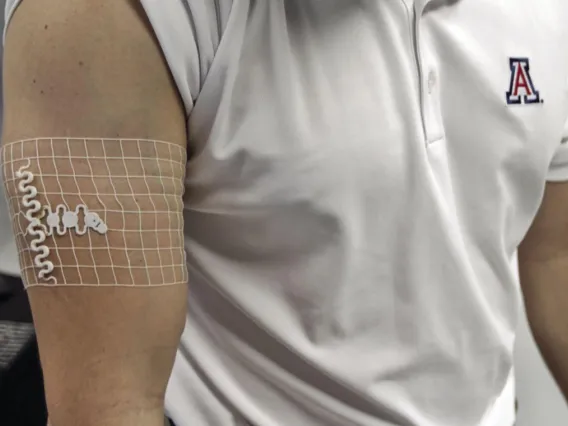
SensorLab
The University of Arizona Health Sciences Sensor Lab brings together university and research partners to advance novel human-centered hardware and software sensor systems. The Sensor Lab is outfitted with flexible wearable sensors, environmental monitoring, 360 video and audio recording, XR, coupled with analytical tools and multi-modal feedback capabilities. Services include two main categories:
(1) Equipment/sensor loaning (sensor and related equipment for shared use) and
(2) Dedicated space/rooms (space configured and prepared for research using a variety of sensors).
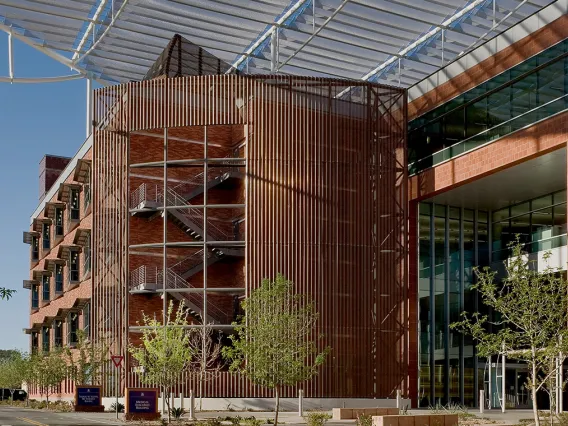
Shared Equipment
The University of Arizona’s BIO5 Institute offers access to unique research tools for use by U of A scientists. Equipment includes:
- Licor Imager
- Scintillation Counter
- Bio-Rad PharosFX
- X-Ray Irradiator
Users must be trained and approved for the use of the equipment; some may require certification. Equipment is housed at the BIO5 Institute in either the Keating or BSRL buildings.
To learn more, contact BIO5 building manager, Robert Sandoval at (520) 626-8512 or rsandova@arizona.edu.
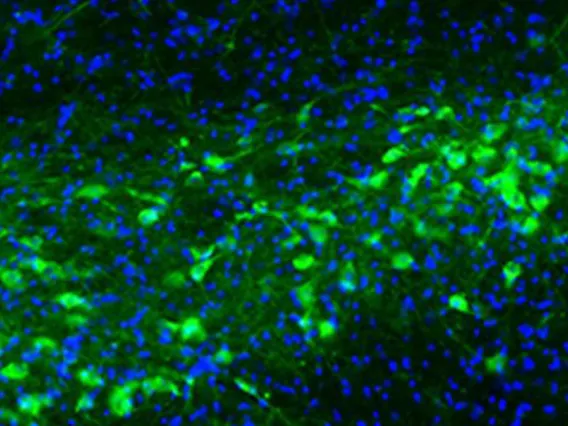
Stem Cell*
The University of Arizona Human Induced Pluripotent Stem Cell (iPSC) Core provides opportunities for students and faculty to be trained with specialized knowledge and skills, support fundamental and translational research, and provide researchers access to stem cell-based technologies and resources to conduct interdisciplinary research that will translate stem cell-based therapies from bench to bedside.

Translational Bioimaging*
The Translational Bioimaging Resource (TBIR) serves as a university-wide resource for pre-clinical biomedical imaging with state-of-the-art equipment. The resource has the capability to image small biological constructs, small and large animals, and humans. For imaging small biological constructs and small animals, the TBIR includes intra-vital microscopy, MRI, high-resolution ultrasound, photoacoustic imaging, CT, PET, SPECT, bioluminescence, and optical coherence microscopy. For imaging larger animals and humans, the resources include MRI, transcranial magnetic stimulation, magnetic resonance elastography, high-resolution ultrasound, and photoacoustic imaging. The resource offers help with project development, research protocols, and data analysis.
More Research Services & Tools
See what other services are available to our scientists and innovators through
University of Arizona Office of Research and Partnerships
